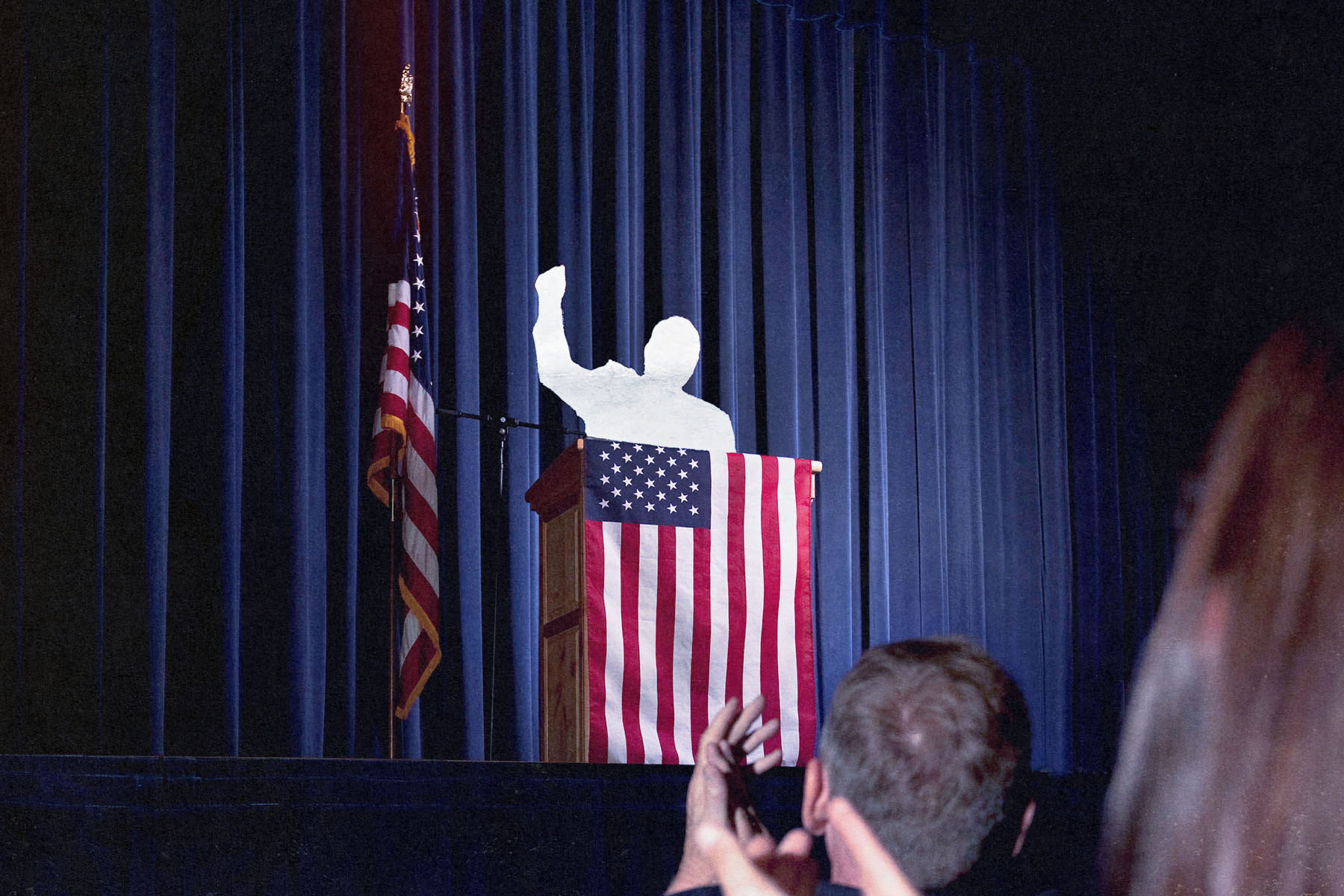Your trusted source for contextualizing politics news. Sign up for our daily newsletter.
Republican women are twice as likely as Republican men to say there are too few women in high-profile political offices, and they are less certain about the prospect of achieving equal representation than men of both parties, a new survey from the Pew Research Center found.
Republican women are still less likely to think there are too few women in these leadership roles than Americans overall. Forty percent of Republican women believe there are too few women in these leadership roles, compared with 82 percent of Democratic women, 53 percent of American adults overall and just 19 percent of Republican men.
While women make up half of the U.S. population, they hold less than a third of the seats in Congress and about a third of all state legislative seats. Democratic women are more likely than Republican women to hold political leadership positions: More than two-thirds of the women in Congress are Democrats, and of the 12 women U.S. governors, eight are Democrats.
The survey released Wednesday sheds light on Americans’ views on gender and political leadership and how they see the barriers that women face to achieving political power. The survey included a new focus on presidential politics as Vice President Kamala Harris gears up for a second campaign on the Democratic presidential ticket and South Carolina Gov. Nikki Haley competes for the GOP nomination.
On Wednesday night, Haley will take the stage as the only woman in the second GOP presidential debate, and only the third Republican woman to ever participate in a presidential debate. Haley, whose campaign had so far languished in the polls, saw a boost in popularity after the first GOP debate last month. Two polls have shown her as the only GOP contender currently leading President Joe Biden in a head-to-head matchup.
When it comes to presidential politics, a whopping 86 percent of Republicans don’t view electing a woman president in their lifetime as important, compared with 64 percent of Americans overall. Republican women are only slightly more likely than Republican men to view this historic milestone as very important to them: 6 percent of Republican women, compared with 3 percent of Republican men.
A majority of Democratic women — 57 percent — ranked the election of a woman president as very or somewhat important to them; majorities of Republican women and men of both parties saw it as not important or not too important or said that the president’s gender doesn’t matter.
Juliana Horowitz, an associate director of research at Pew, said that even as Republican women — and majorities of Americans overall — say gender doesn’t have an impact on key leadership qualities, Republican women are more likely than men to believe a woman would be better at things like working under pressure and standing up for what she believes in.
More Republican women than Republican men say a woman president would be better at being honest and ethical and maintaining a respectful tone in politics.
Republican women “are more likely than Republican men, to the extent that they see a difference, to say that a woman president would be better,” Horowitz said.
The survey found no consensus on whether Americans think the United States will elect a woman president in the near future, with about half of all U.S. adults saying they believe it is somewhat likely. As for representation in politics overall, 52 percent of Americans say it’s only a matter of time before women reach parity in elected office, which men are much more likely to believe. Less than half of all Democratic and Republican women believe it is only a matter of time before there are as many women in office as men.
The Pew Research Center surveyed 5,057 adults in mid-July, and 11,201 more adults in July and August. The sample of nonbinary Americans in the survey was not large enough to analyze their views separately.







